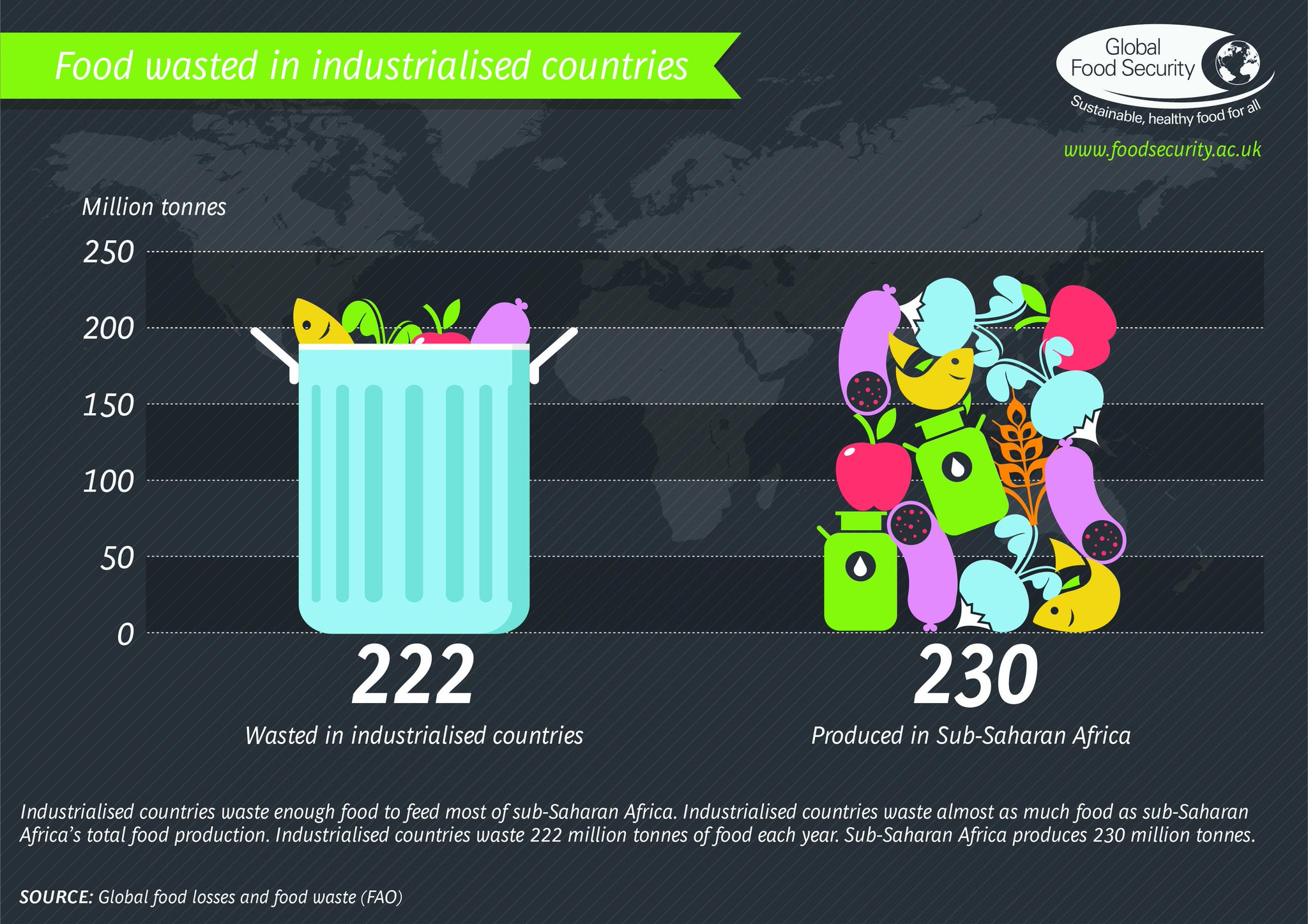Hi guys. I've decided to touch on the topic on food wastage as an environmental issue after much thought. You know, usually when environmental issues are discussed, problems such as global warming, climate change, deforestation etc comes to mind first. However, being a glutton (heh), I somehow think about food first and.....
I decided to research and learn more about food wastage and its consequences pertaining to the environment. Other than going into our stomachs, a huge amount of it actually heads to dustbins, incinerators and finally landfills. Food can thus be one of the key components in contributing to the several environmental problems that the world is facing today.
So, here's a mini introduction on food wastage (in the US):
(https://youtu.be/EwVuz0UJl2A)
In case the lazy you just decided to skip watching the video, here are a few key points mentioned:
- We produce 27% more food per person today as compared to 15 years ago.
- Half of the food produced in the US is wasted between the farm and the fork due to inefficiency.
- How is food wasted in the US:
According to the Food and Agriculture Organization of the United Nations (FAO),
- Every year, consumers in rich countries waste almost as much food (222 million tonnes) as the entire net food production of sub-Saharan Africa (230 million tonnes)

(https://twitter.com/foodsecurityuk/status/601741119316176896)
!!!!!
That's like crashing 493,333 Boeing 747s full of food. Poof. :(
In this post, I have briefly explained about food wastage, and the extent of it in the world. Food wastage occurs almost everywhere, and hence solving this problem would definitely not be easy. In the upcoming posts, I will expound more on how food wastage can directly harm our environment. After all, this is an environmental blog :D
Till then! (and in the meantime, try not to waste anymore food yeah)
References:
FOOD AND AGRICULTURE ORGANIZATION OF THE UNITED NATIONS. (n.d.) Food wastage: key facts and figures. [Online] Available from: http://www.fao.org/news/story/en/item/196402/icode/ [Accessed: 20/08/2015]
FOOD AND AGRICULTURE ORGANIZATION OF THE UNITED NATIONS. (2011) Global food losses and food waste. [Online] Available from: http://www.fao.org/docrep/014/mb060e/mb060e.pdf [Accessed: 20/08/2015]
UNITED NATIONS ENVIRONMENT PROGRAMME. (n.d.) Food waste facts. [Online] Available from: http://www.unep.org/wed/2013/quickfacts/ [Accessed: 20/08/2015]

No comments:
Post a Comment